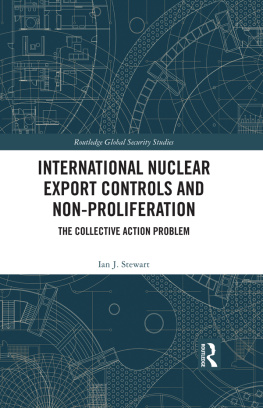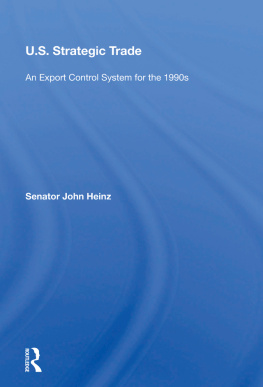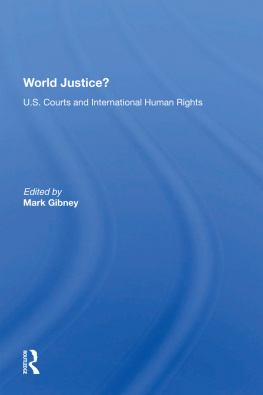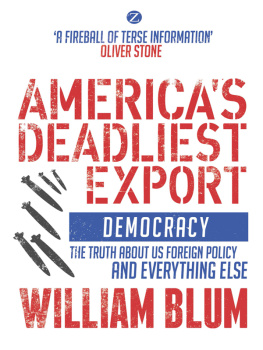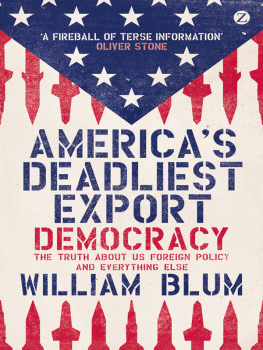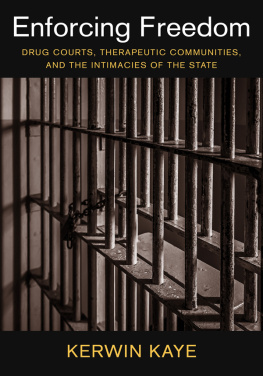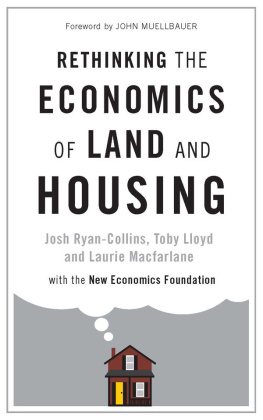John Collins - Rethinking Drug Courts: International Experiences of a US Policy Export
Here you can read online John Collins - Rethinking Drug Courts: International Experiences of a US Policy Export full text of the book (entire story) in english for free. Download pdf and epub, get meaning, cover and reviews about this ebook. year: 2019, publisher: London Publishing Partnership, genre: Politics. Description of the work, (preface) as well as reviews are available. Best literature library LitArk.com created for fans of good reading and offers a wide selection of genres:
Romance novel
Science fiction
Adventure
Detective
Science
History
Home and family
Prose
Art
Politics
Computer
Non-fiction
Religion
Business
Children
Humor
Choose a favorite category and find really read worthwhile books. Enjoy immersion in the world of imagination, feel the emotions of the characters or learn something new for yourself, make an fascinating discovery.

- Book:Rethinking Drug Courts: International Experiences of a US Policy Export
- Author:
- Publisher:London Publishing Partnership
- Genre:
- Year:2019
- Rating:3 / 5
- Favourites:Add to favourites
- Your mark:
- 60
- 1
- 2
- 3
- 4
- 5
Rethinking Drug Courts: International Experiences of a US Policy Export: summary, description and annotation
We offer to read an annotation, description, summary or preface (depends on what the author of the book "Rethinking Drug Courts: International Experiences of a US Policy Export" wrote himself). If you haven't found the necessary information about the book — write in the comments, we will try to find it.
Rethinking Drug Courts: International Experiences of a US Policy Export — read online for free the complete book (whole text) full work
Below is the text of the book, divided by pages. System saving the place of the last page read, allows you to conveniently read the book "Rethinking Drug Courts: International Experiences of a US Policy Export" online for free, without having to search again every time where you left off. Put a bookmark, and you can go to the page where you finished reading at any time.
Font size:
Interval:
Bookmark:

- They are primarily aimed at resolving underlying drug problems deemed to be causally responsible for criminal recidivism.
- They provide participants with a multidisciplinary treatment programme, delivered by a drug court team that is under the control of the judge.
- Participants are subject to frequent drug testing and court appearances, and are rewarded for progress and punished for relapse.
- Lawyers play little or no part in this non-adversarial court system (Butler, 2013, p. 6)
- That the evidence surrounding drug court models is systematically misrepresented at a global level so as to portray them as an unqualified success.
- That economic interests and lobbying, rather than any overarching evidence base, have driven, and continue to drive, the international expansion of drug courts.
- That drug courts represent an expensive system of contested efficacy. This is magnified in jurisdictions where the opportunity costs of such complex interventions are high, their likelihood of success is low, and their potential for abuses is significant.
- That drug courts risk maintaining a criminal justice orientation to social interventions on drugs, while adopting the language and appearance of being public health oriented.
- That interventions in many international contexts that are labelled as drug courts, upon closer inspection maintain only a superficial resemblance to the model as proffered by US advocates, and thereby serve to obfuscate more systematic changes underway in the field of drug control.
- That there are significant opportunity and sunk costs for adopting jurisdictions, particularly in poorer countries, with more problematic criminal justice and social service outcomes and coverage.
Font size:
Interval:
Bookmark:
Similar books «Rethinking Drug Courts: International Experiences of a US Policy Export»
Look at similar books to Rethinking Drug Courts: International Experiences of a US Policy Export. We have selected literature similar in name and meaning in the hope of providing readers with more options to find new, interesting, not yet read works.
Discussion, reviews of the book Rethinking Drug Courts: International Experiences of a US Policy Export and just readers' own opinions. Leave your comments, write what you think about the work, its meaning or the main characters. Specify what exactly you liked and what you didn't like, and why you think so.




